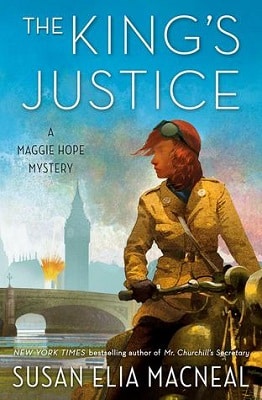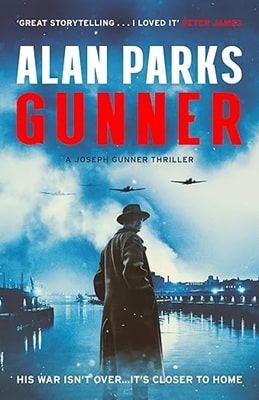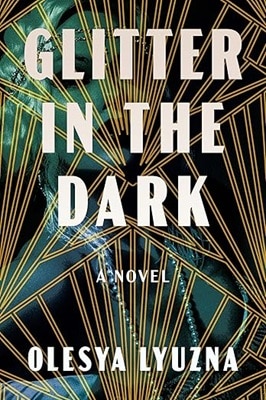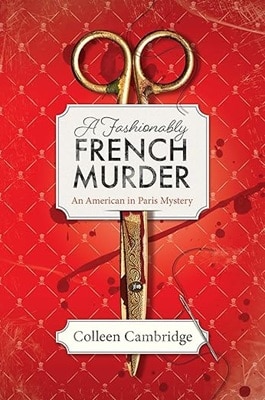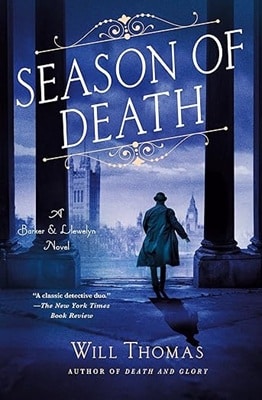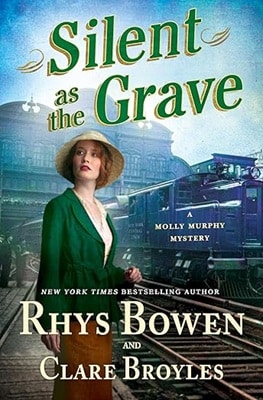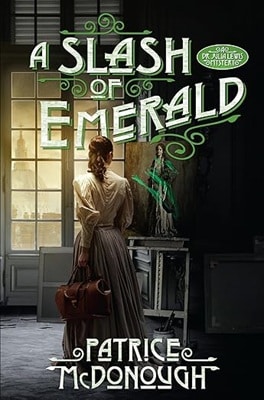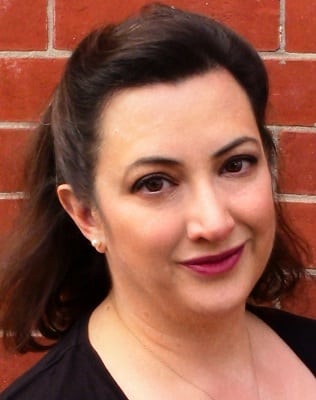
Q&A
Susan Elia MacNeal is the author of The New York Times, Washington Post, Publishers Weekly and USA Today-bestselling Maggie Hope mystery series, starting with the Edgar Award-nominated and Barry Award-winning Mr. Churchill’s Secretary, which is now in its 23nd printing. The King’s Justice came out in 2020 and she is working on the next book in the series, The Hollywood Spy coming July 6. 2021.
Q. The King’s Justice, out this year, has everything a mystery and suspense reader could want: a serial killer, espionage, murder, and more, all tightly woven into the fabric of World War II London. What goes into writing a book like this?
Susan: A lot of hands-on research goes into writing something like The King’s Justice. I was able to talk to a prominent London violinist and “play” (ha!) his violin—and hear about his experiences with Stradivarius instruments. I went mudlarking on the banks of the Thames (alas, found nothing but trash and got my feet soaked). Attended Mass at St. Peters in Clerkenwell and drank espresso with the older Britalians (British Italians) at Terroni’s Café. I got to talk to Yeoman Warders (Beefeaters) at the Tower of London about life there during World War II and meet the Ravenmaster (as well as lovely raven Merlina).
Q. Why are readers so drawn to historical mysteries?
Susan: Ah, historical mysteries… Who doesn’t love to time travel? From the comfort of our own armchairs? Pull back that curtain of history and get a behind-the-scenes view? And, while the times may be different (I’ve been reminded anew this year that there was no polio vaccine during WWII), the characters have the same hopes, dreams, and fears we do today. Really well-done historical fiction can help us understand what led to the events of history, not just from the bold-named names of our textbooks, but “regular” people of the eras as well.
Q. You’ve said elsewhere that you were drawn to write about historical London after visiting the underground bunker near the Treasury where Churchill and his staff worked during the Blitz. What was it about this location?
Susan: Yes, visiting the Churchill War Rooms was an absolute life-changer for me. I think what’s so different about this museum is that it really is the underground bunker where Churchill and his colleagues ran the war effort. You’re walking the same corridors, with the same low ceilings, and the same fire buckets. The push-pins in the maps are in exactly the same place they were left when peace was declared. So there’s definitely a time-capsule/time-travel element to going.
Q. What other great locations in London have you visited?
Susan: Other great locations in London—where to start! I love Regent’s Park, especially the roses in the Queen Mary Gardens. The Victoria Pub in Paddington, where Charles Dickens, Winston Churchill, Charlie Chaplin, and David Bowie all went—and dogs are allowed to lie by the working fireplace. The Royal Opera House (and best people watching) in Covent Garden. The galleried and gorgeous Daunt Books in Marylebone. The martinis at Dukes London. The weird quirky rooms in Liberty London. Watching the river traffic on the Thames.
Q. What are you reading now? Do you mostly read in your genre or out of it?
Susan: Both in and out. Just finished Andre Leon Talley’s The Chiffon Trenches, which was gossipy and fun, but also a wonderful look at a Black man who was a pioneer at Vogue. This past year, I’ve also read Hood Feminism: Notes from the Women That a Movement Forgot, by Mikki Kendall; CASTE: The Origins of Our Discontents Hardcover by Isabel Wilkerson; Between The World And Me by Ta-Nehisi Coates; and We Should All Be Feminists, by Chimamanda Ngozi Adiche.
Q. You started your career as an editorial assistant at Random House then assistant editor at Viking Penguin. What did working in publishing teach you about what readers enjoy? How did it impact your writing?
Susan: What’s eye-opening about working in publishing is how it really does take a village to make a book. There are literary agents and editors, of course. And publishers and a myriad of vice presidents and directors of important-sounding departments. There are publicists and marketing managers. There are the people who copyedit, design the books, produce the books. The folks who coordinate a manuscript’s journey from department to department! There are also the people who write jacket copy, put together the catalogues of the season’s offerings—and then sales reps who travel to the bookstores and talk up what might be right for that particular location.
What I really learned about publishing is, that no matter how challenging it sometimes can be, the people who work in the industry really and truly love books and reading. Book publishing is a business, yes—but it’s also a calling.
Q. What are you working on now?
Susan: Happy to report I’m working on copyedits for The Hollywood Spy, scheduled to be out July 6, 2021. Maggie Hope’s tenth outing and in the U.S., with movie stars, jazz musicians, and murder. Can’t wait to share it!
The King’s Justice
London. December, 1942. As the Russian army repels German forces from Stalingrad, Maggie Hope, secret agent and spy, takes a break from the Special Operations Executive division to defuse bombs in London. But Maggie herself is like an explosion waiting to happen. Shaken by a recent case, she finds herself living more dangerously–taking more risks than usual, smoking again, drinking gin and riding a motorcycle–and the last thing she wants is to get entangled in another crime. But when she’s called upon to look into a stolen Stradivarius, one of the finest violins ever made, Maggie finds the case too alluring to resist.
Meanwhile, there’s a serial killer on the loose in London and Maggie’s skills are in demand. Little does she know that in the process of investigating this dangerous predator, she will come face to face with a new sort of evil…and discover a link between the precious violin and the murders no one could ever have expected.
More Historical Mysteries
Advertisement

